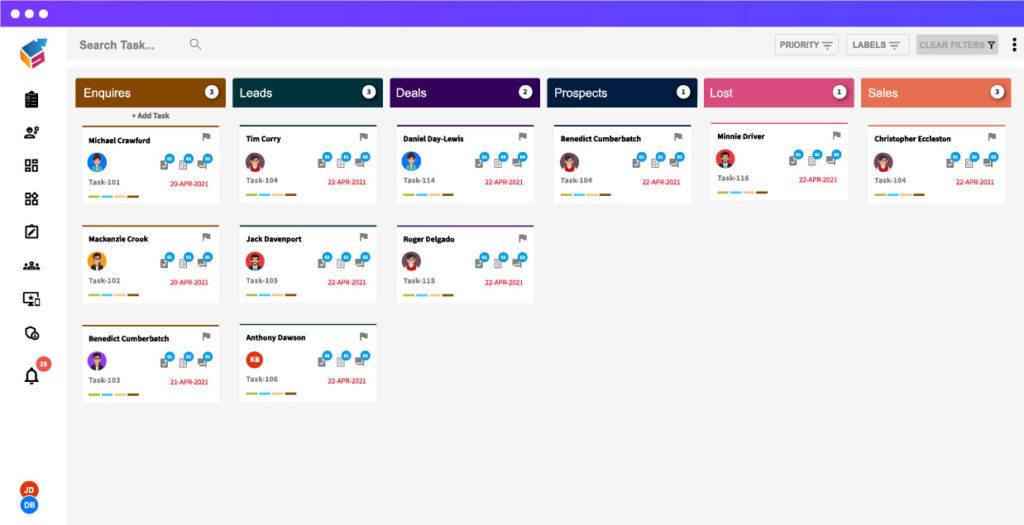Most people create the false notion that the CRM lead generation system helps the customer. Truth be told, it has many advantages across the table. You should admit the customers to help more but let’s look at some of the other advantages as well.

Now, let’s look at the key advantages of having effective lead management software.
Advantages of Lead Management Software
Monitoring Sales Activities Becomes Easy
Lead tracking software is the latest phenomenon. In earlier days, people used Excel sheets to store information. This Excel data is a static one that needs consistent updating whereas the automated lead management tool updates data on the basis of real-time. Tracking leads with sales management software is so easy. The CRM software ensures that there is no reveal anywhere. Each lead that adds the system is accounted for in the correct way.
Effective Lead Management
Prioritize Your Cold Calls
Personalize Your Client Communication
The CRM management software comes with an advanced lead tracking feature. It is possible for you to scale the user preferences like web pages they view and things they prefer to read using this feature. You can also track the conversations they have with your teams thereby easily enabling you to personalize user interactions.




